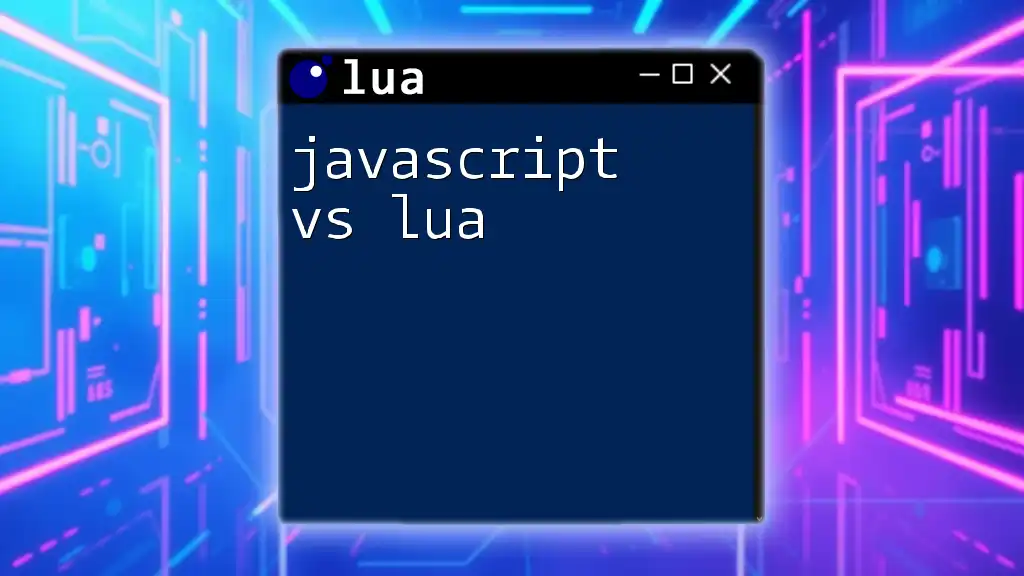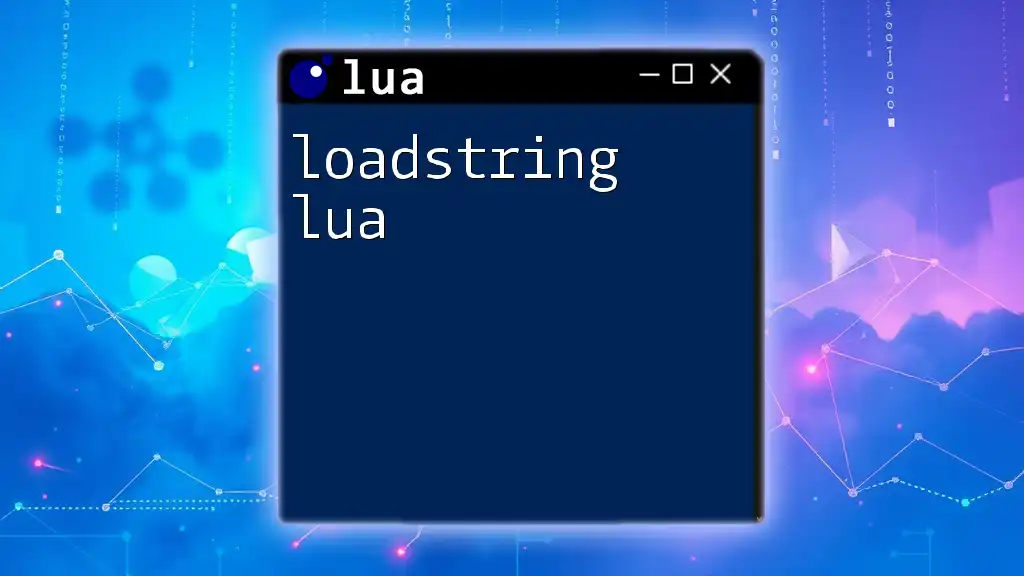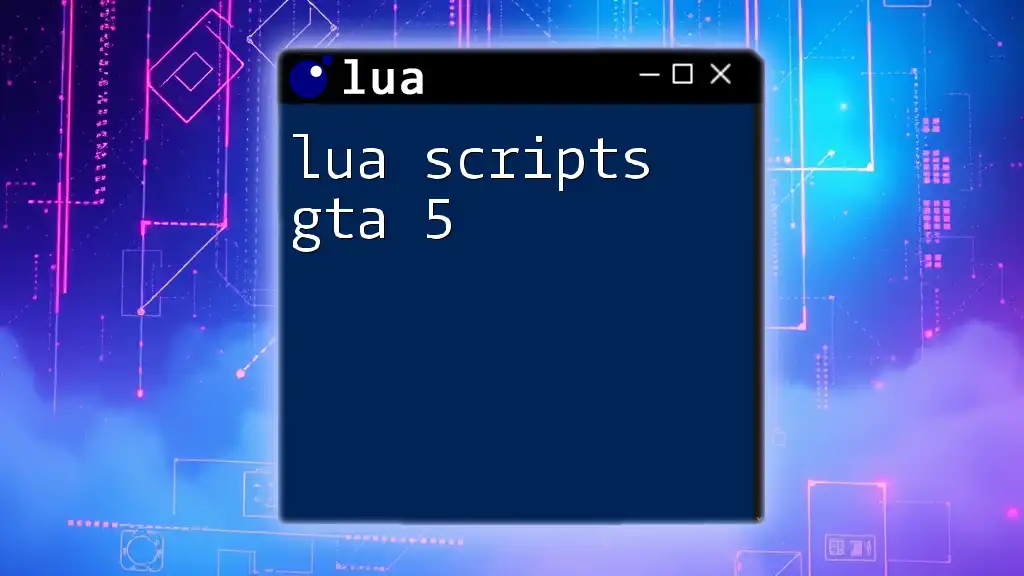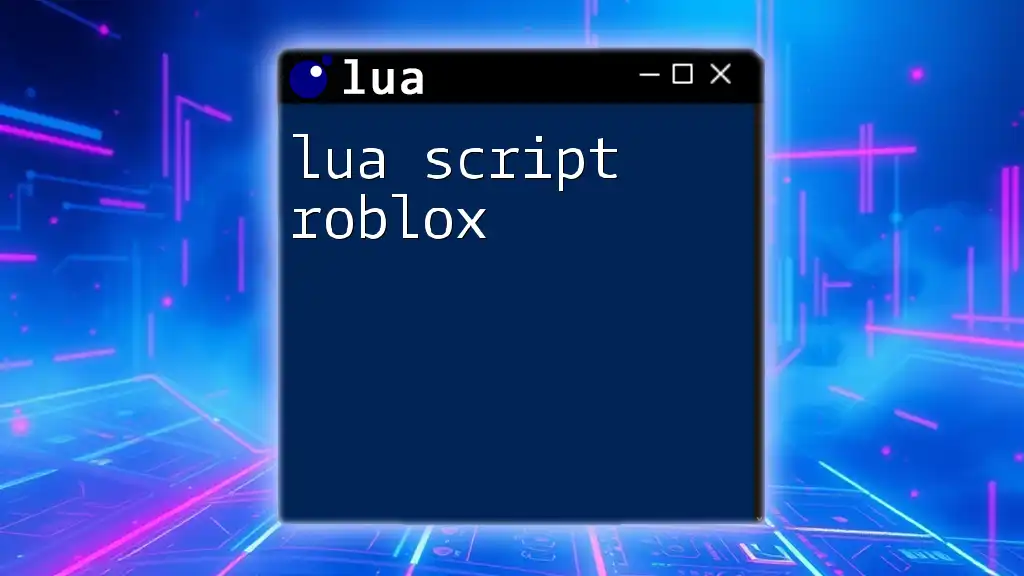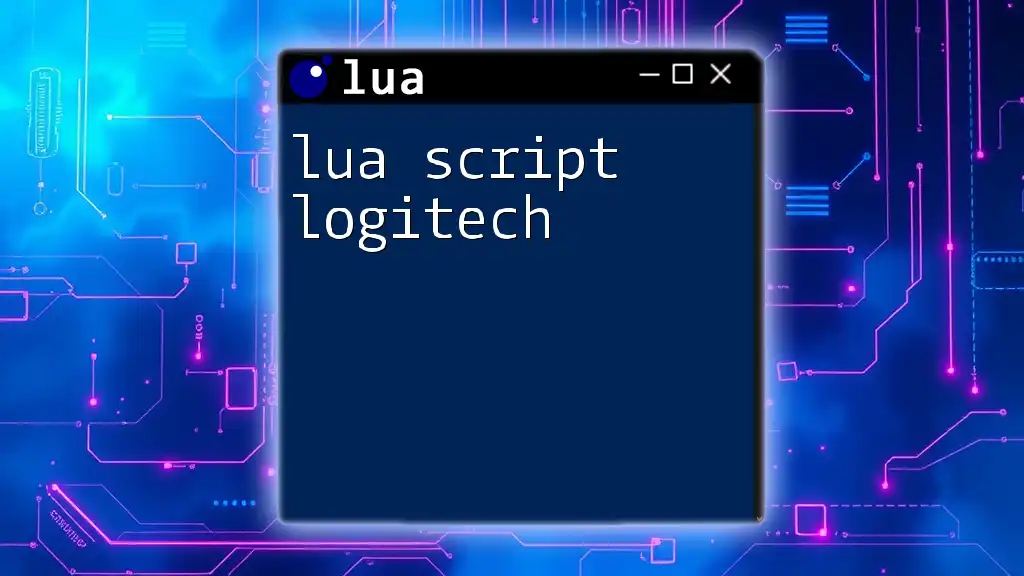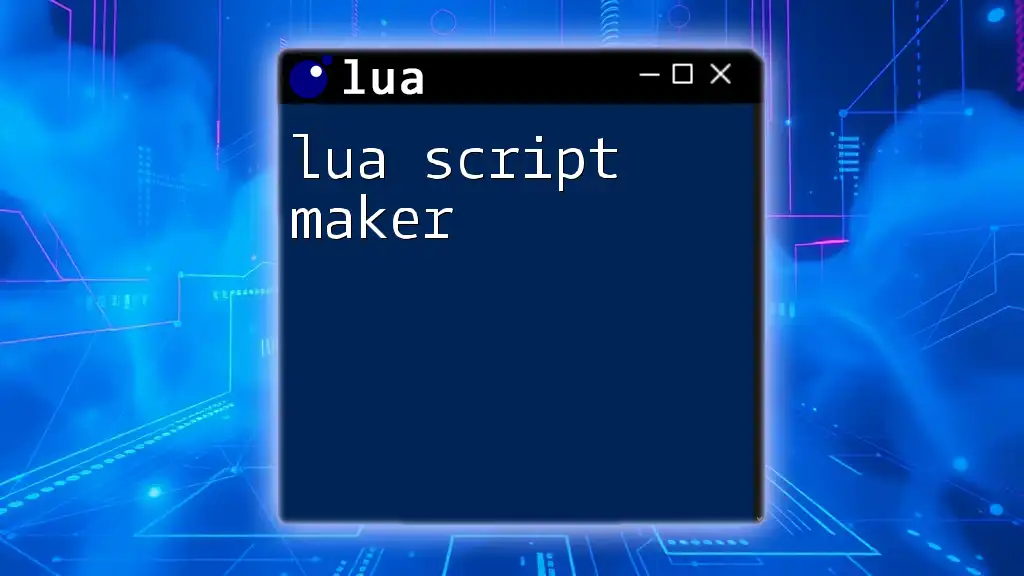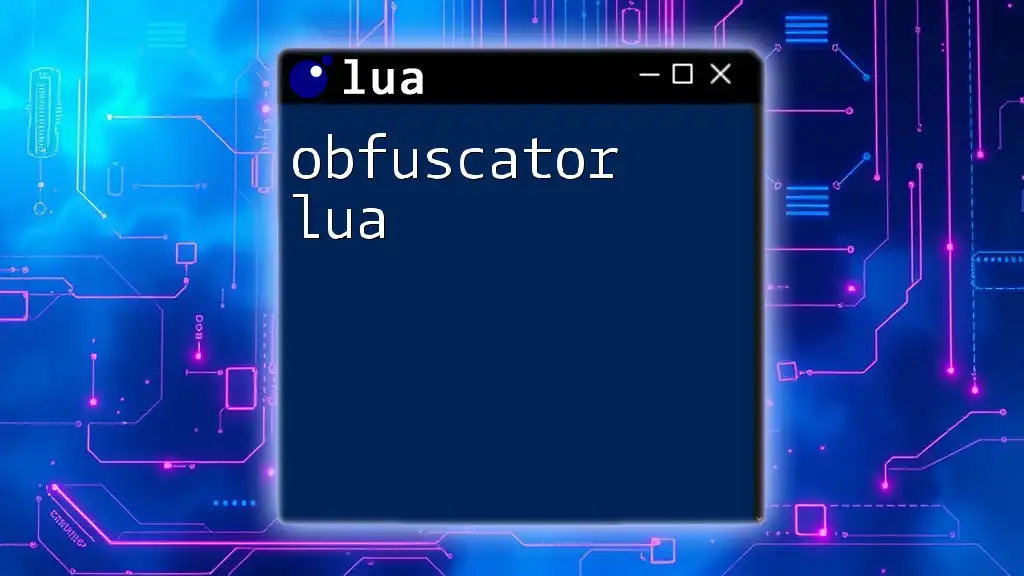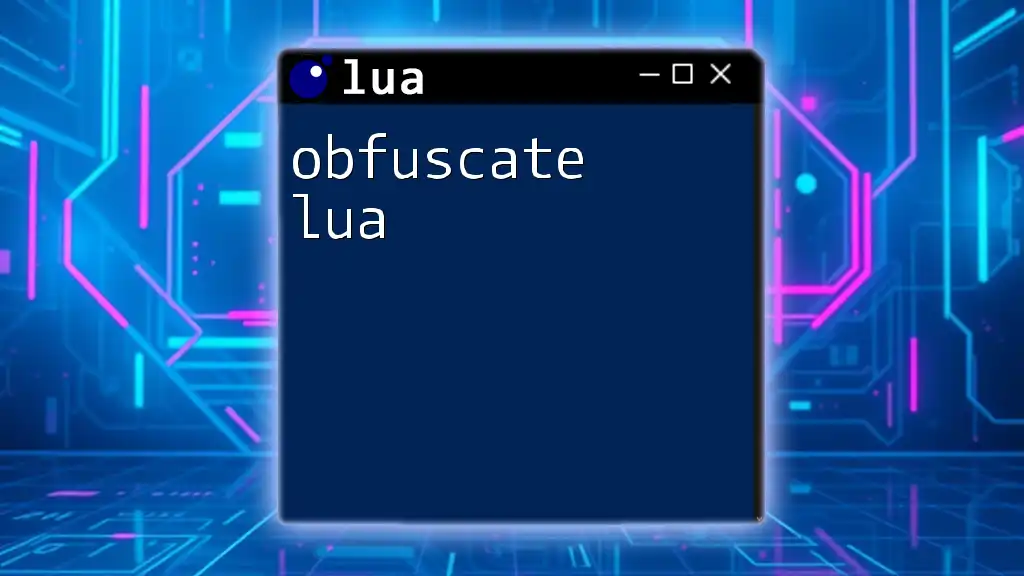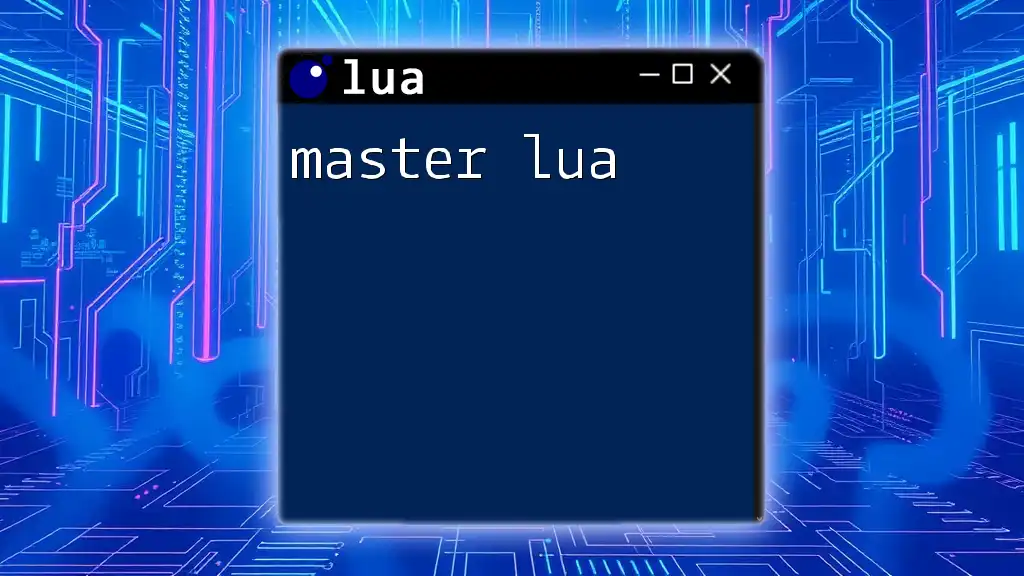JavaScript is primarily used for web development and runs in browsers, while Lua is a lightweight scripting language often used in game development and embedded systems, exemplified by the following code snippet demonstrating a simple function in both languages:
JavaScript
function greet(name) {
return "Hello, " + name + "!";
}
Lua
function greet(name)
return "Hello, " .. name .. "!"
end
What is JavaScript?
Background and Evolution
JavaScript is a high-level, dynamic programming language that has become the backbone of web development. Created in 1995 by Brendan Eich, it was initially designed to make web pages interactive. Over the years, JavaScript has evolved significantly, with the introduction of major frameworks and libraries like React, Angular, and Vue.js. These advancements have solidified its position as one of the most popular languages in the programming world.
Features of JavaScript
Dynamic Typing: JavaScript is dynamically typed, meaning you don’t need to declare variable types explicitly. This can lead to more flexible code.
let number = 42; // no type declaration needed
number = "Hello"; // can be reassigned to a different type
Prototype-Based Object Orientation: JavaScript uses prototype chains for inheritance, which allows objects to inherit properties and methods from other objects.
function Vehicle(make, model) {
this.make = make;
this.model = model;
}
Vehicle.prototype.display = function() {
console.log(`Make: ${this.make}, Model: ${this.model}`);
};
const myCar = new Vehicle('Toyota', 'Corolla');
myCar.display(); // Outputs: Make: Toyota, Model: Corolla
Asynchronous Programming: JavaScript supports asynchronous programming through callbacks, Promises, and async/await, facilitating non-blocking operations.
async function fetchData() {
const response = await fetch('https://api.example.com/data');
const data = await response.json();
console.log(data);
}
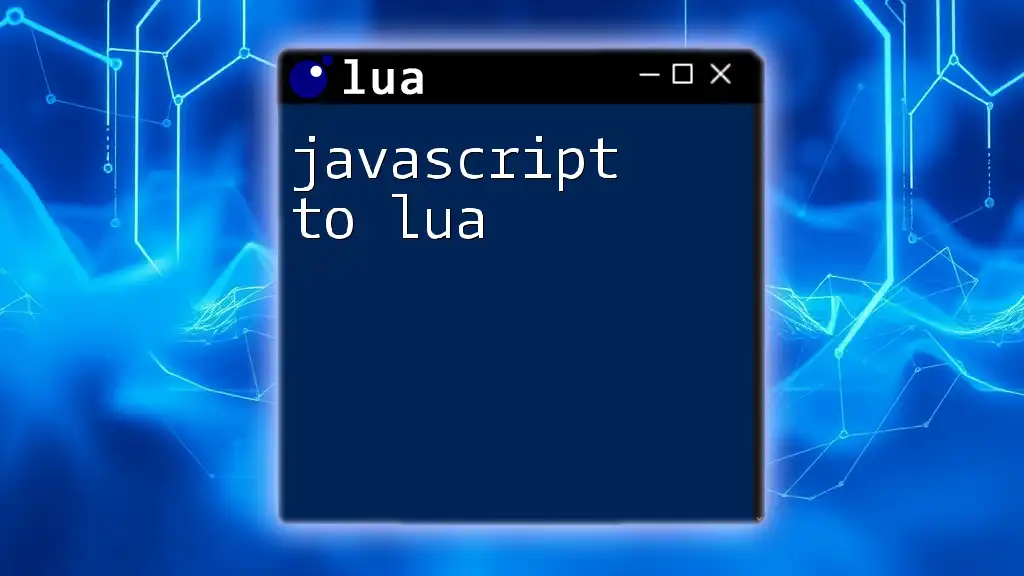
What is Lua?
Background and Evolution
Lua is a lightweight, high-level scripting language designed for embedded use in applications. Developed in Brazil in 1993, Lua has gained popularity primarily in game development and IoT (Internet of Things) applications. Its simplicity and efficiency make it a go-to choice for game engines like Corona SDK and Roblox.
Features of Lua
Simple Design: Lua features a minimalistic syntax, making it easy for beginners to grasp quickly. Its scripting capabilities are both powerful and flexible.
local greeting = "Hello, world!"
print(greeting) -- Outputs: Hello, world!
Coroutines: Lua supports coroutines, allowing for cooperative multitasking. This feature is beneficial in scenarios like game development, where you can manage multiple tasks seamlessly.
function coroutineFunction()
print("Step 1")
coroutine.yield()
print("Step 2")
end
co = coroutine.create(coroutineFunction)
coroutine.resume(co) -- Outputs: Step 1
coroutine.resume(co) -- Outputs: Step 2
Lightweight and Fast: Lua is known for its speed and efficiency, often outperforming heavier languages in memory usage and execution time, making it ideal for resource-constrained environments.
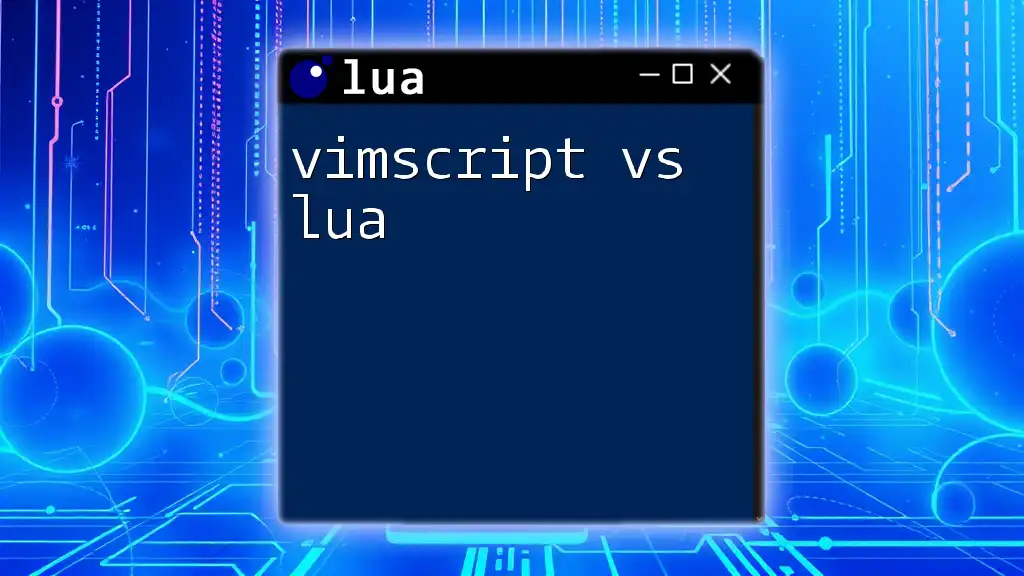
Comparing JavaScript and Lua
Syntax Differences
Variable Declaration: JavaScript offers multiple ways to declare variables: `var`, `let`, and `const`, while Lua uses the `local` keyword for scope management.
let variable = 10; // JavaScript
local variable = 10 -- Lua
Function Declaration: Functions in JavaScript and Lua have different syntaxes, affecting how developers approach coding practices in each language.
function myFunction() {
// JavaScript code
}
function myFunction()
-- Lua code
end
Paradigms and Usage
Object-Oriented Programming
JavaScript employs a prototype-based approach to OOP, allowing for more dynamic inheritance. Conversely, Lua employs tables and metatables to simulate object-oriented behavior, creating a more flexible but less conventional structure.
Functional Programming
Both languages support functional programming but in different ways. JavaScript has first-class functions and allows passing functions as arguments, while Lua treats functions as first-class citizens but does not support some functional programming paradigms directly.
Performance
Execution Speed
JavaScript’s V8 engine (used in Chrome and Node.js) is optimized for performance, leading to faster execution in complex web applications. Lua, being an interpreted language, is generally faster in scripting scenarios, especially in less complex environments typically seen in games.
Memory Usage
Memory management strategies are crucial. JavaScript uses garbage collection that can lead to unpredictable pauses in execution, while Lua provides simple, predictable garbage collection with fewer surprises, making it a preferred choice in embedded systems.
Use Cases
Where JavaScript Excels
JavaScript shines in web development, powering 97% of websites today. Its rich ecosystem, filled with libraries and frameworks, facilitates the creation of dynamic and responsive user interfaces.
Where Lua Excels
Lua excels in embedded systems and game development, providing an efficient scripting solution within certain engines. A prime example is its use in Roblox, where game creators can script gameplay mechanics effortlessly.
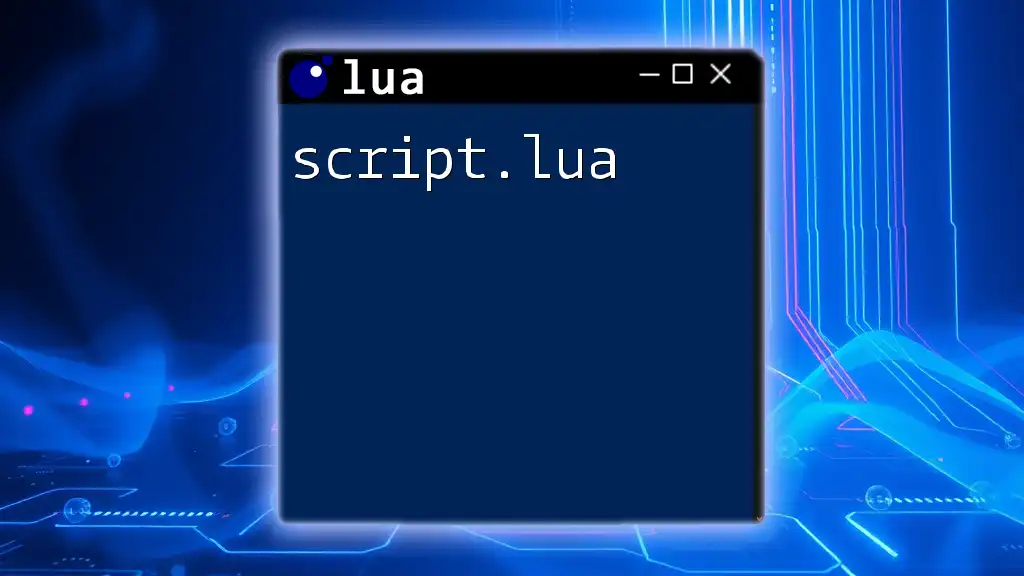
Community and Ecosystem
Community Support
The community surrounding JavaScript is vast and highly active, offering extensive resources, forums, and meet-ups. For Lua, while smaller, the community is dedicated and passionate, well-known in the game development and IoT industries.
Libraries and Frameworks
JavaScript boasts a plethora of libraries such as jQuery for DOM manipulation and D3.js for data visualization. In contrast, Lua’s frameworks like LÖVE provide streamlined tools for game development.
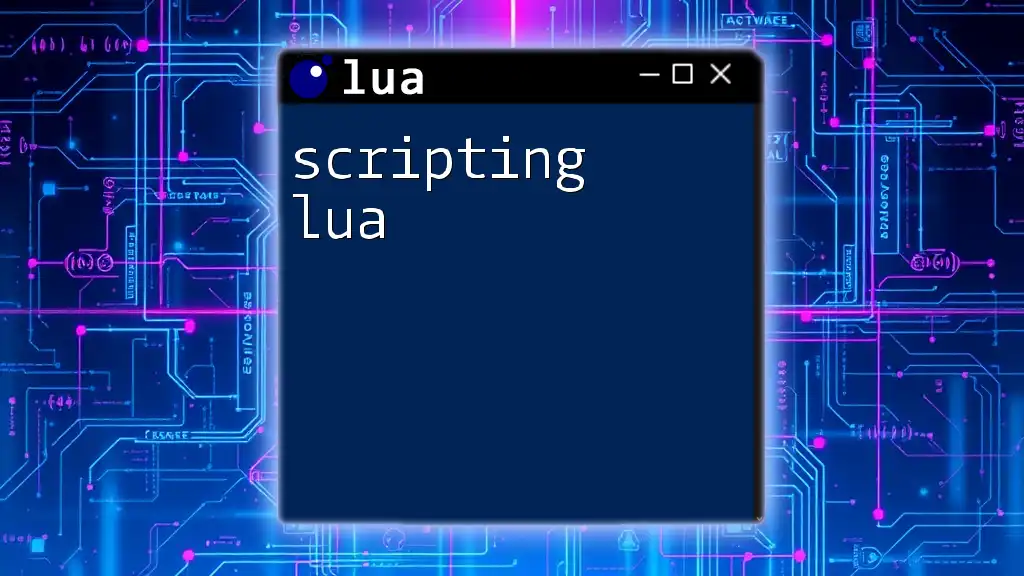
Conclusion
JavaScript vs Lua presents two distinct worlds of programming, each with its unique strengths and applications. While JavaScript excels in web development with a rich ecosystem around it, Lua shines in environments requiring lightweight, efficient scripting. Depending on your project needs, both languages offer valuable solutions, and exploring their depths can greatly enhance your programming toolkit.
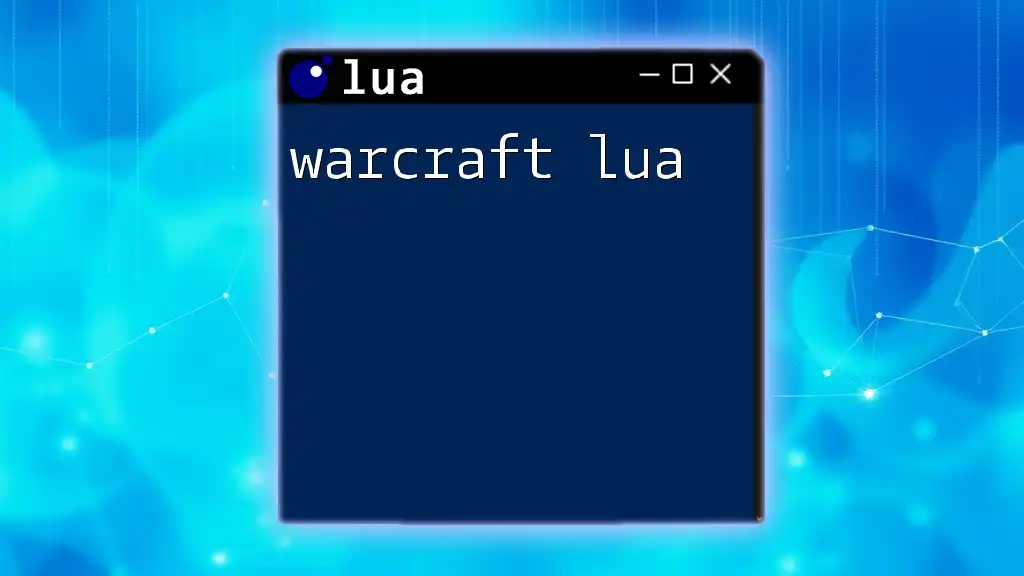
Additional Resources
For further learning, consider looking into books, online courses, and tutorials specific to JavaScript and Lua. Community forums like Stack Overflow or dedicated game development forums can provide support as well.
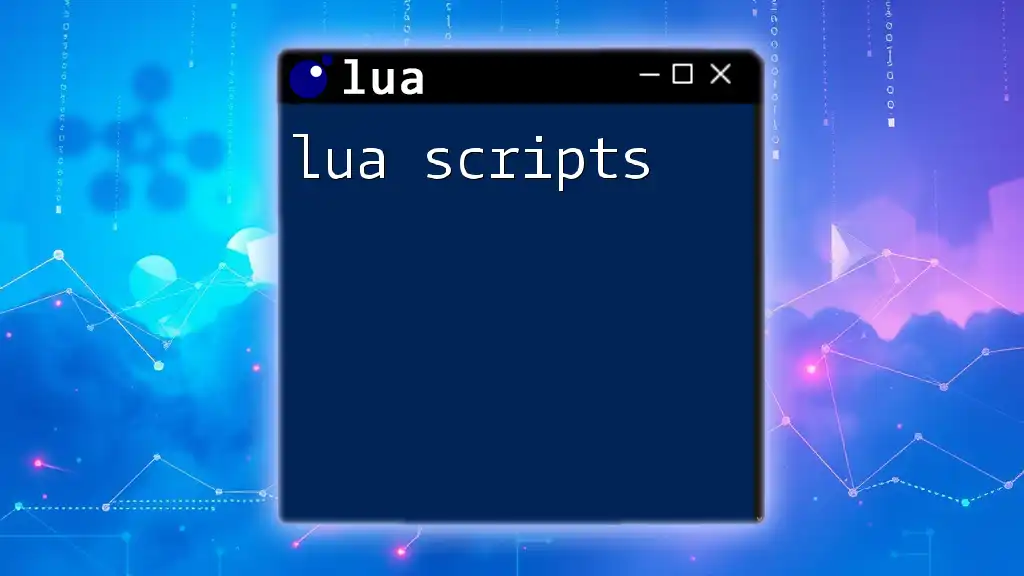
Call to Action
If you’re eager to dive into Lua and master its commands efficiently, join our Lua learning programs to kickstart your journey into this powerful scripting language. Stay tuned for more articles and resources that compare and contrast essential programming languages!

